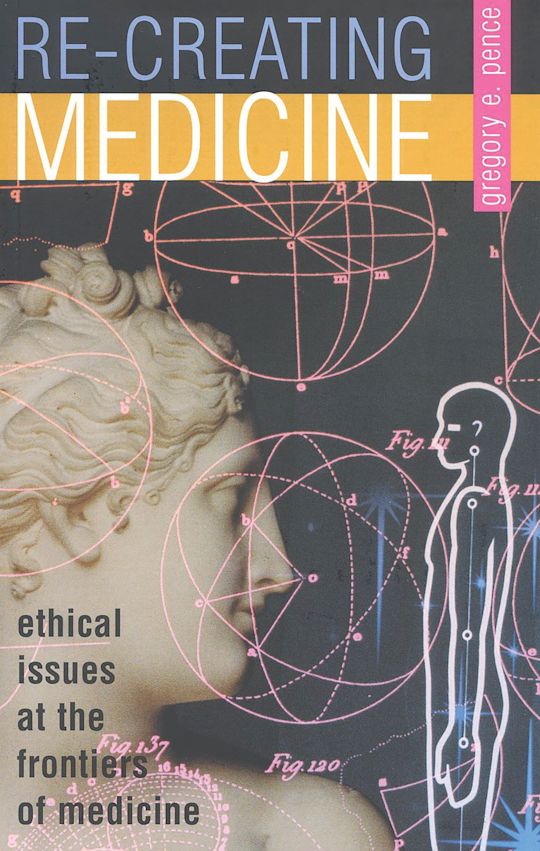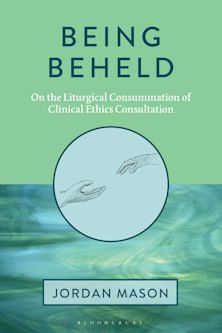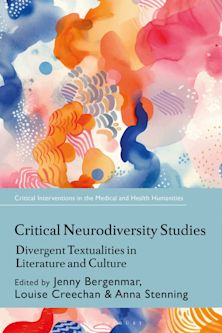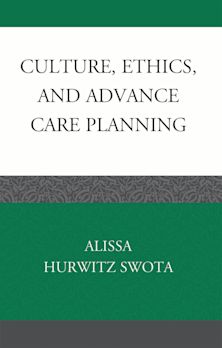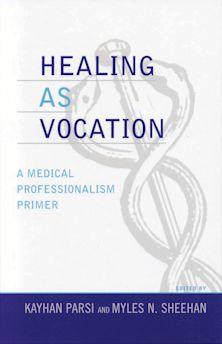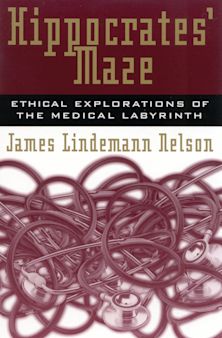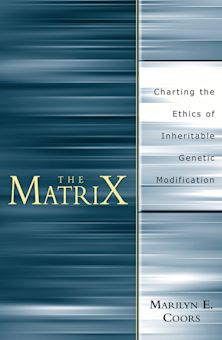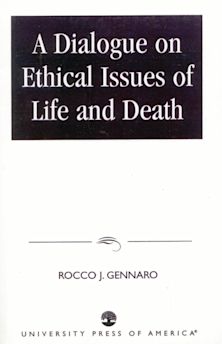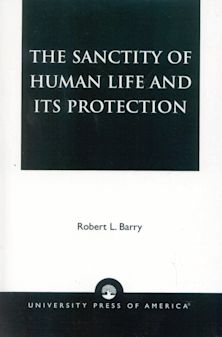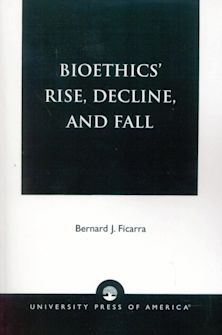- Home
- ACADEMIC
- Nursing, Health & Medical
- Nursing Ethics
- Recreating Medicine
For information on how we process your data, read our Privacy Policy
Thank you. We will email you when this book is available to order
You must sign in to add this item to your wishlist. Please sign in or create an account
Description
In this important new book Gregory E. Pence looks at issues on the frontiers of medicine including gene therapy to produce 'brave new babies', cloning, human eggs and embryos for sale and experiments on human embryos. Pence argues that the conservatism of the medical establishment, the bioethics community, and the public at large has created shibboleths that impede improvements in our quality of life.
Table of Contents
Chapter 2: Re-creating the Doctor-Patient Relationship: The Ethics of Cybermedicine
Chapter 3: Re-creating Organ Donation: The Case for Reimbursement
Chapter 4: Re-creating Motherhood: Buying Reproductive Help
Chapter 5: Re-creating Children: Choosing Traits
Chapter 6: Re-creating Our Genes: Cloning Humans
Chapter 7: Re-creating Nature: Patenting Human Genes?
Chapter 8: Re-creating Ourselves: No Limits
Chapter 9: Re-creating Bioethics
Chapter 10: Conclusions and Reflections
Product details
| Published | 12 Apr 2000 |
|---|---|
| Format | Ebook (Epub & Mobi) |
| Edition | 1st |
| Extent | 224 |
| ISBN | 9781461641889 |
| Imprint | Rowman & Littlefield Publishers |
| Publisher | Bloomsbury Publishing |
About the contributors
Reviews
-
This is a brave work that looks at all the controversies in the current practice of medicine. Using examples from history, literature, and from current clinical practice, Dr. Pence beautifully illustrates and illuminates the most important bioethical issues of our day. This is a ground breaking and important work and I recommend it highly.
Abraham Verghese, MD, MACP, Professor of Medicine, Stanford University; recipient of the National Humanities Medal; author of Cutting for Stone
-
Chapters provide thorough and persuasive arguments for rethinking economic incentives for organ donation, providing optimal autonomy for reproductive decision-making, and other controversial positions. Whether or not one agrees with his arguments, Pence challenges stale thinking. At the very least, the development of careful responses to his positions should help to clarify thinking on the issues that he addresses.
Choice Reviews
-
The book is a valuable resource for anyone interested in bioethics, both for its clear summaries of the debates to date and for its willingness to call into question previously unchallenged beliefs about how medicine should be practiced.
Religious Studies Review
-
Throughout the book, Pence provides a penetrating critique of moralistic and paternalistic arguments and assumptions, and champions individual choices and conceptions of the good. The book's optimistic and visionary but practical tone stands in sharp contrast to the pessimistic, conservative, 'sky is falling' diatribes one finds in op-ed pages and academic journals. Pence has little patience for tired, old arguments and attitudes and embraces new ideas and developments. On the dust jacket Kelly Smith describes the book as 'a breath of fresh, common sence air.' I concur and would add 'well worth reading.'
Bioethics
-
Pence has done a service to the field of bioethics in addressing important issues in less than popular way.
Journal of the American Psychoanalytic Association









